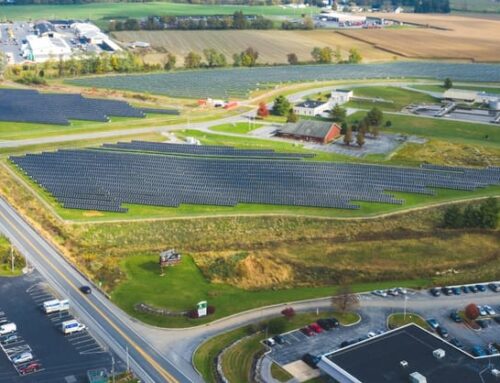Bonneville Power energy market choice impacts NW environment
April 29, 2025
A major player in the Northwest’s energy landscape is considering changes in the future, as extreme climate events make power delivery in Oregon more unpredictable.
Like utilities in the region, the Bonneville Power Administration – a nonprofit federal administration – is considering joining a larger energy market to ensure reliable access for customers.
BPA is favoring a market known as Markets+, which it says will be less expensive in the long run but could cost between $79 million and $129 million more for ratepayers in 2026.
However, organizations like Save Our Wild Salmon favor the Day-Ahead Energy Market, or EDAM.
Tanya Riordan, policy and advocacy director with the organization, said BPA needs to consider tribal rights in the region, especially when it comes to salmon.
“We can have a more open governance model,” said Riordan, “that gives state officials and consumers an equal role, which would keep salmon recovery priorities at the forefront, which is what the EDAM market would offer.”
Riordan said the transition to a larger energy market would reduce pressure on the federal hydropower system, also reducing pressure on the region’s rivers and salmon.
A formal document outlining BPA’s decision is expected in May.
Ben Otto, an energy consultant with the Northwest Energy Coalition, said he also favors EDAM.
He said the BPA has a unique role in the Northwest, with obligations to its customers, but also to the rest of the region by selling hydropower to keep bills low and running a transmission grid in the Northwest.
“Also by mitigating the impacts to salmon and wildlife and tribal interests,” said Otto, “this is really important – and we really think that those obligations need to play a more significant role in Bonneville’s decision, and we look forward to that being reflected in their record.”
Otto said EDAM would reduce costs and be just as reliable as Markets+, and would make the integration of clean energy easier.
He noted that BPA wouldn’t fully join the market, regardless of its choice, until 2028 – and so he’s urging the administration to take its time making a decision.
“We believe a market that gives a strong role for public interest and state policy is a better fit for Bonneville’s obligations than Markets+,” said Otto, “which is really more of like a business league and more commercially focused.”
get more stories like this via email
Search
RECENT PRESS RELEASES
Related Post




